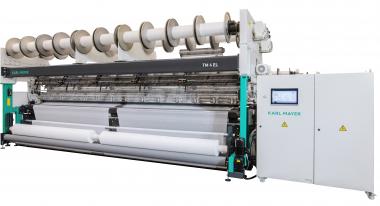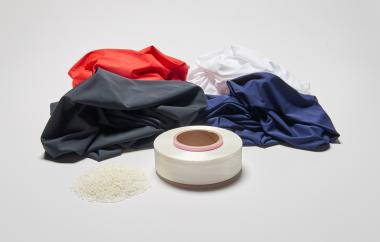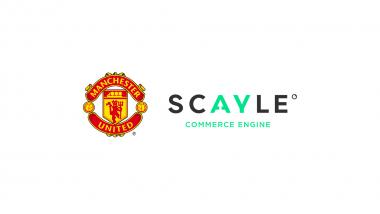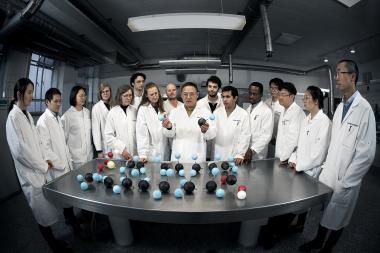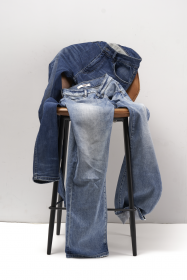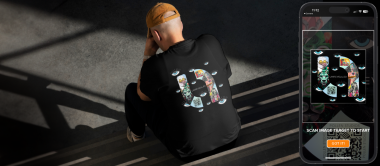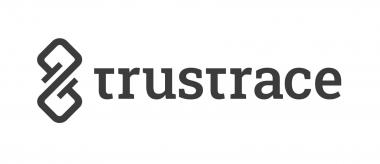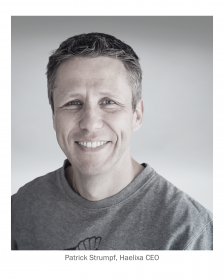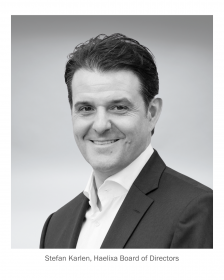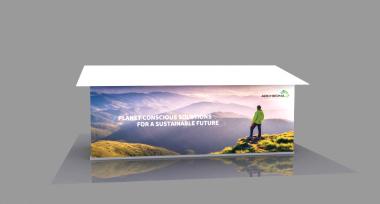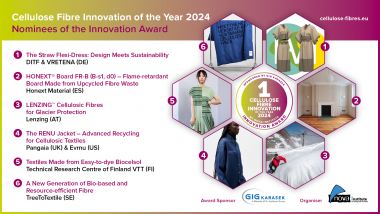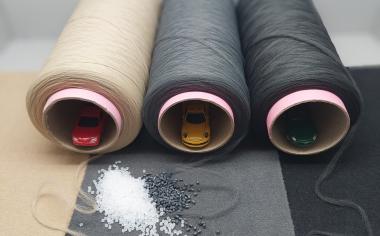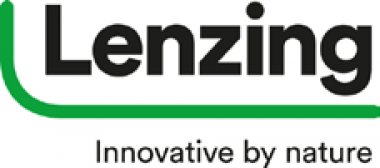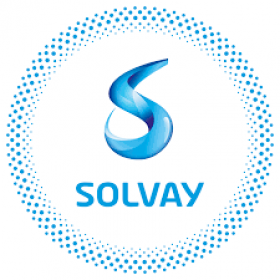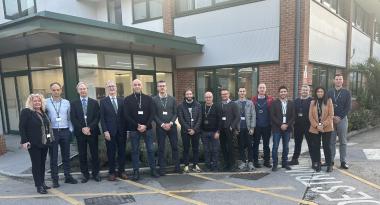KARL MAYER: Launch of new tricot machine TM 4 EL
At the end of last year, KARL MAYER launched the TM 4 EL – a new, highly flexible machine for the mid-range segment in the four-bar tricot machine sector. The machine produces fabrics for upholstery, automotive interiors and outerwear, as well as sportswear items and home textiles.
Featuring KARL MAYER’s proven CFRP technology, the TM 4 EL is up to 30% faster than the previous four-bar tricot machine designed for the commodity sector.
The new TM 4 EL is offered in gauges E 28 and E 32. The available working widths are 210” and 280”, with a working width extension also available. Further width varieties are also planned. Equipment highlights include an integrated Laser Stop to detect yarn breakages early, and functional LED lighting, which illuminates the warp knitting area for easy handling and signals unplanned machine stops using the corresponding colour. The machine can be networked with KM.ON’s secure cloud via the k.ey device to utilise the KARL MAYER GROUP’s digital solutions. This includes, for example, the web-based lapping editor CORE LITE.
KARL MAYER GROUP


